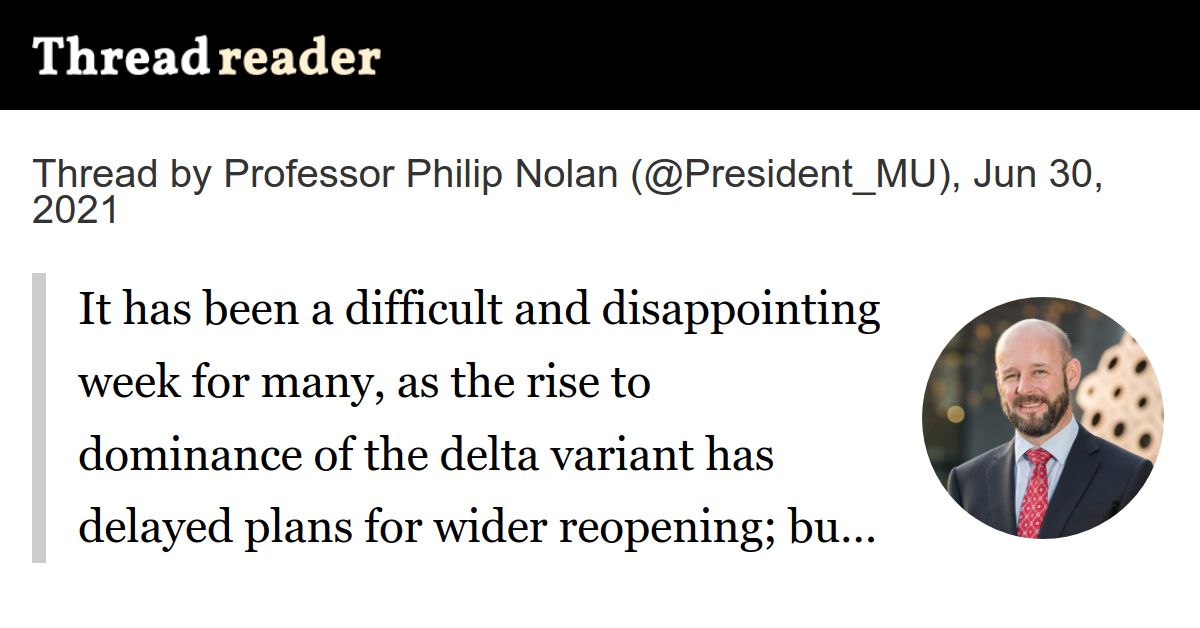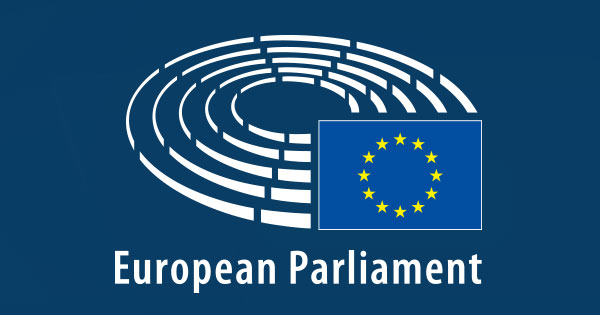- Joined
- Mar 21, 2004
- Messages
- 18,923
- Solutions
- 1
- Location
- in my head
- Website
- strikeaction.bandcamp.com
Sorry, you lost me at 'Philip Nolan'philip nolan explains how NPHET arrived at the latest modelling figures:

Thread by @President_MU on Thread Reader App
Thread by @President_MU: It has been a difficult and disappointing week for many, as the rise to dominance of the delta variant has delayed plans for wider reopening; but the likely impact of delta is stark,...…threadreaderapp.com


